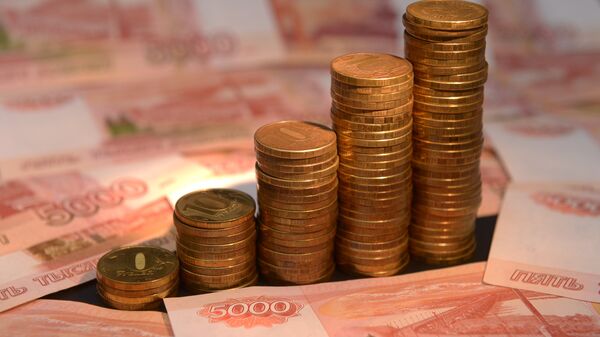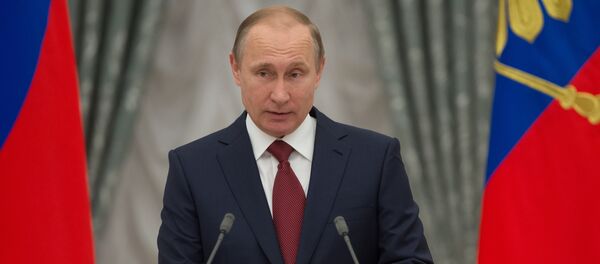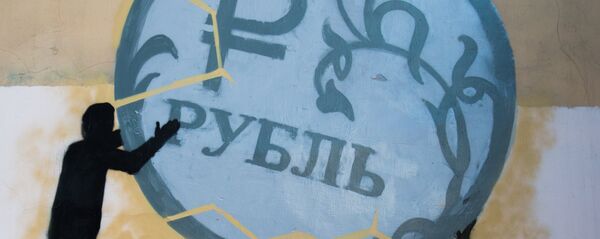Increasing business activity, as well as growing demand for electricity, railway traffic, and container transportation, indicates positive trends in the Russian economy, according to the news agency Bloomberg.
"Russia's economy shrank the least since a contraction began at the start of last year, putting it on the cusp of exiting the longest recession in two decades," Bloomberg reported.
It quoted Russian Central Bank head Elvira Nabiullina as saying that "expectations for the beginning of a slow economic recovery [in Russia] in the third quarter have strengthened."
In this vein, Bloomberg specifically pointed to the ruble being "the second-best performer in emerging markets last quarter, with a gain of 4.8 percent against the dollar."
"The ruble has rallied 14 percent this year, the best performance in emerging markets after the Brazilian real and the South African rand," Bloomberg noted.
They were echoed by Georgy Ostapkovich of the Moscow-based Higher School of Economics, who pointed to positive trends in Russia's industrial growth in the past few months.
"Recent polls show that the current economic situation in Russia's industrial sector can be described as stable," he said, adding that there are indicators that industrial production may be poised to expand, according to Vzglyad.
The newspaper also quoted Pavel Gennel, head of the Russia-Europe Investment Consortium, as saying that the Russian business sector has rode out its period of stagnation, "which is felt not only in macroeconomic indicators, but also in a significant revival of interest in new projects."
Ostapkovich, for his part, did not rule out that Russia's industrial sector could be able to stop shrinking and resume growth by the end of this year.
This optimistic forecast was shared by Russian Industry and Trade Minister Denis Manturov.
"The past six months have showed that the next year should be more positive. We have already felt the bottom and should move up," he was quoted by Vzglyad as saying.
The situation is also improving in Russia's banking sector, where credit organizations have already posted a net profit of 460 billion since the beginning of this year.
"Statistics from the banking sector looks promising. The situation in the Russian economy seems to have finally stabilized," Vzglyad cited Russian Central Bank experts as saying.
According to him, such sectors are "benefitting from the currency depreciation like the agro industry."
Ramirez Rigo noted that the other sectors of the Russian economy seeing positive tendencies due to the more competitive exchange rate include plastics, some pharmaceutical companies and the petro-chemical industry.
The Russian economy suffered a setback in 2014, as the ruble lost about half of its value against the dollar amid plunging global oil prices and the economic sanctions the West imposed against Russia over the Ukrainian crisis.





